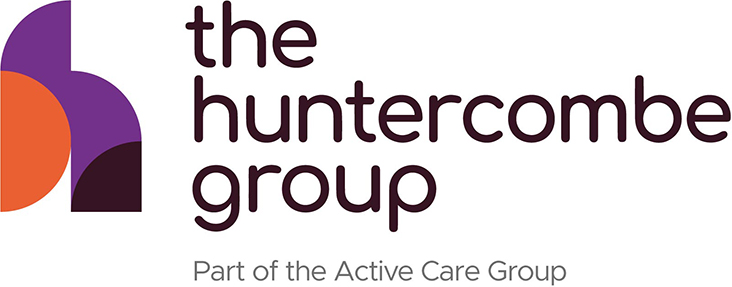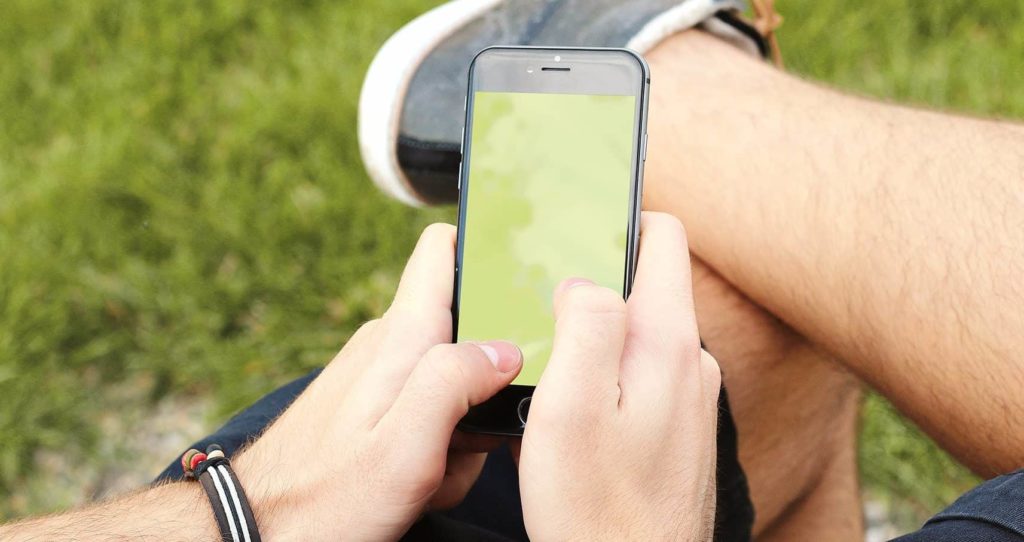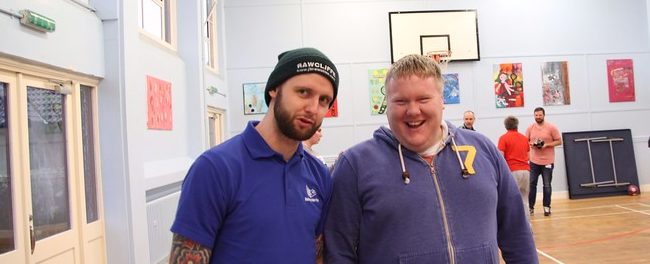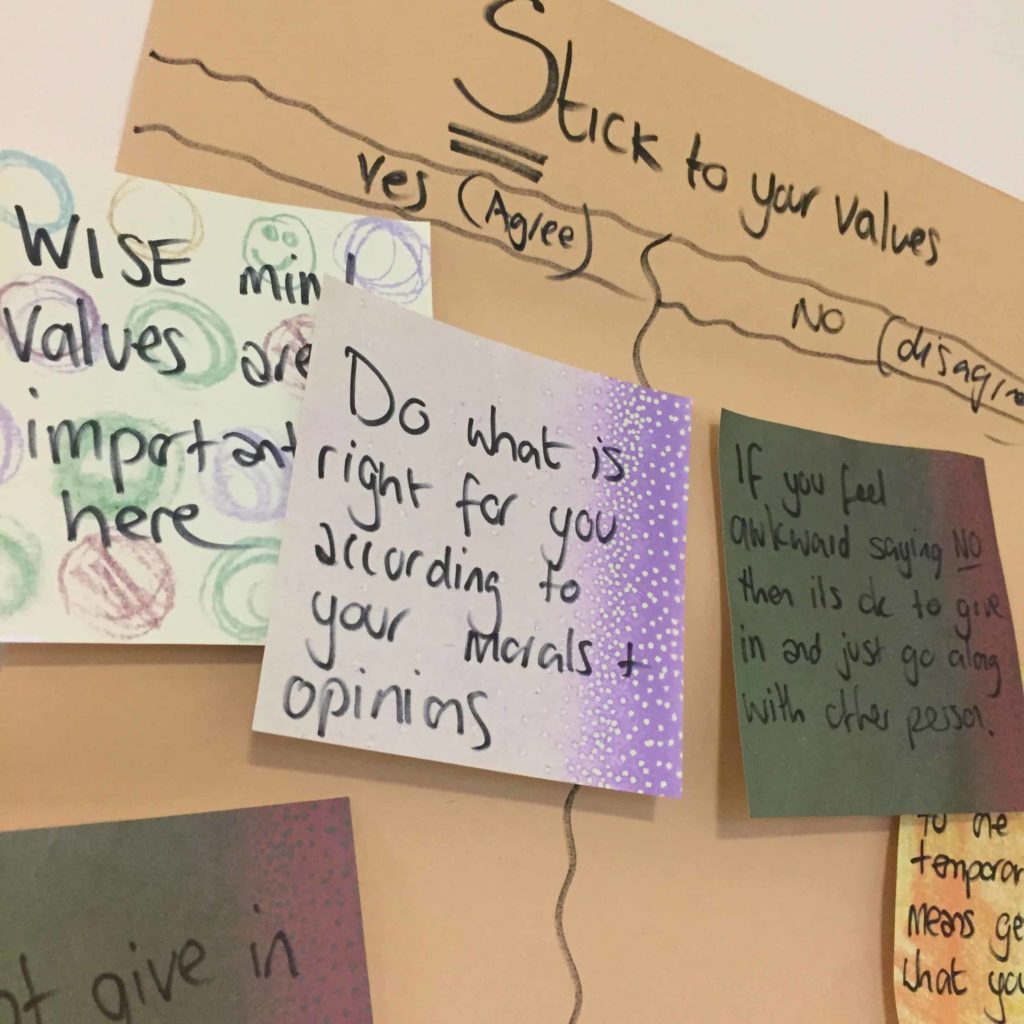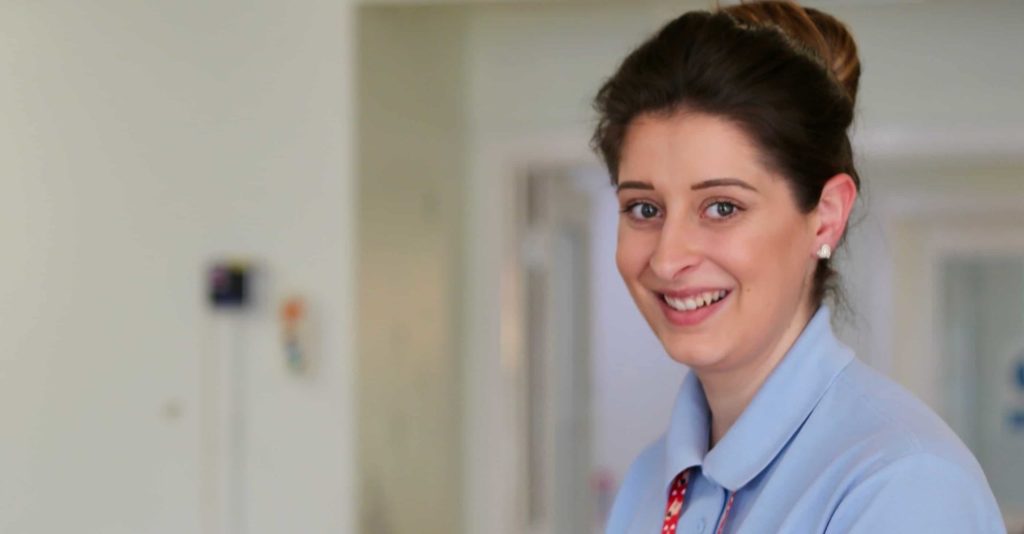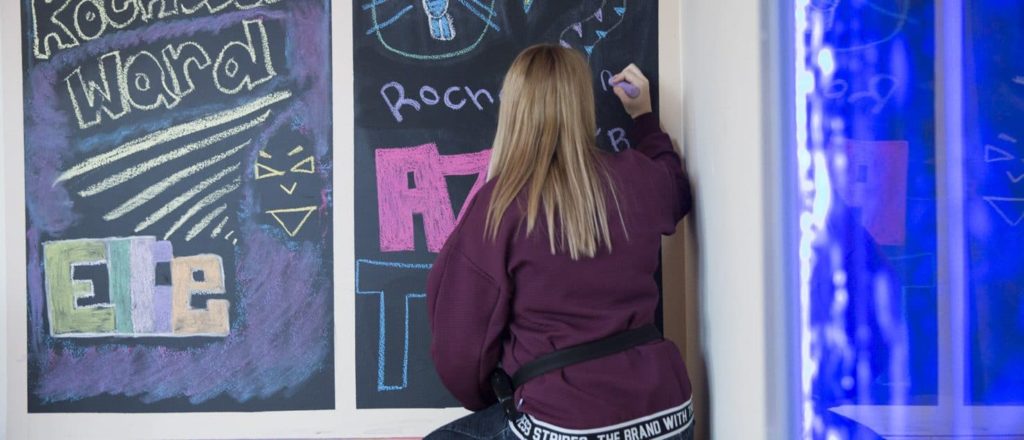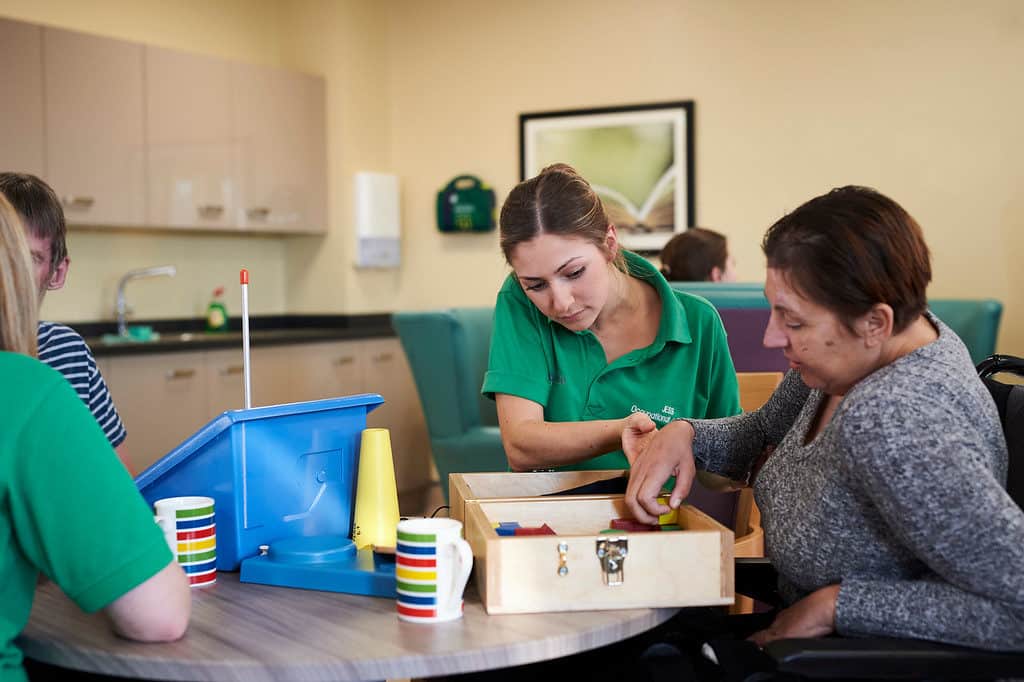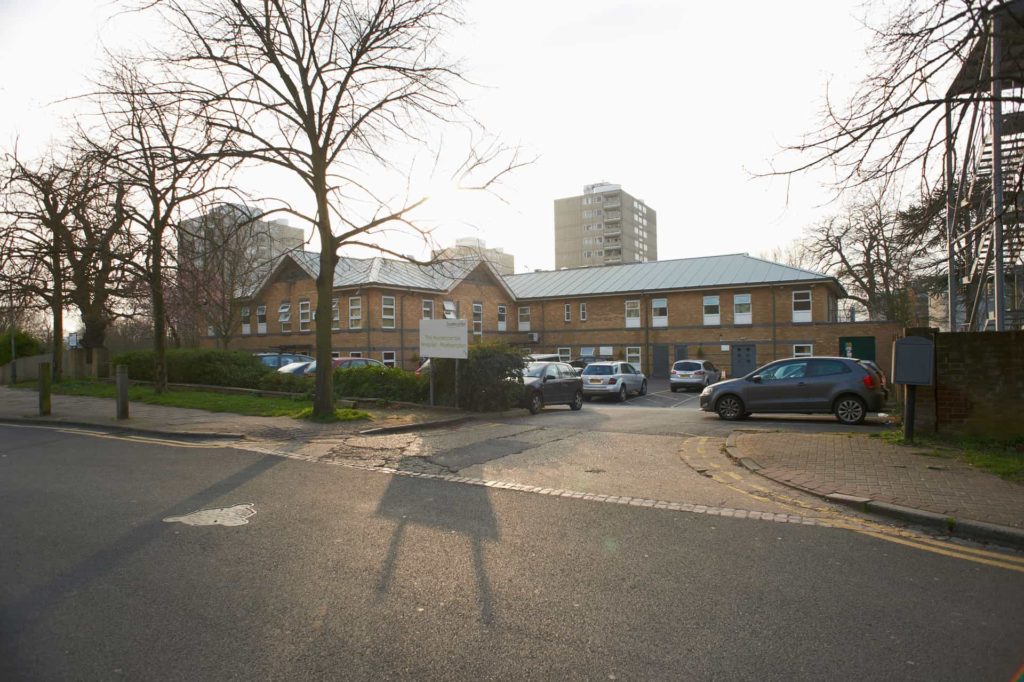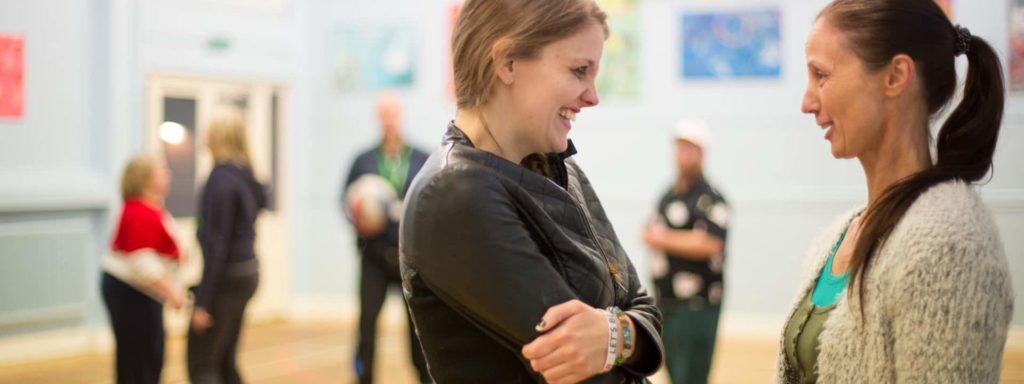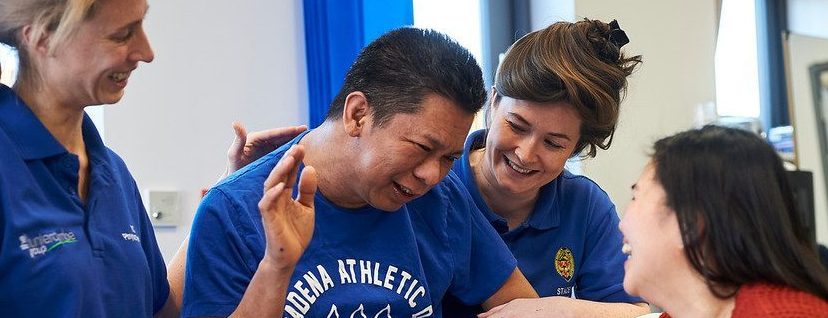Insight
Fishing as therapy?
The Cedar House Fishing Group has been running for over five years and, as it turns out, it’s a bit of a family affair. Paul Wilmshurst took it over from his brother who, along with their mum, all work for Huntercombe. Paul is clearly a passionate fisherman but…
Next stage of development for Brain in Hand at Cedar House
Brain in Hand (www.braininhand.co.uk) is currently being used to help patients better self-manage in order to reduce anxiety and crisis incidents, especially when in the local community. Brain in Hand gives patients easy access to their own personalised diary, reminders, and coping strategies through an app on their…
Understanding the difference between mental health issues and learning disabilities
Yet understanding exactly what the issue is marks the first step towards personalised treatment strategies that recognise the enormous complexity of mental illness and the uniqueness of every patient. The same goes for learning disabilities, an area that shares certain characteristics, such as, channels for diagnosis and management,…
Managing challenging behaviour with Positive Behaviour Support
When thinking about the causes of challenging behaviours, it is important to consider the environment and wider context in which the behaviour occurs as well as the person’s own internal factors such as physical and emotional well-being, mental health and cognitive abilities. As often as not, they are…
Dialectical Behaviour Therapy: Building a Life Worth Living
In fact, these efforts may prove counterproductive if people feel invalidated by too strong an emphasis on the need to change. They have to come to terms with their problematic behaviour, and know it is understood and accepted as a means of coping with challenging circumstances, before they…
Half of Murdostoun patients return home to live independently (April 2018)
For the full report: Outcomes Murdostoun
‘Brain in Hand’ at Cedar House
The Huntercombe Group strives to continually seek innovative solutions to improve care and are currently piloting a new software called Brain in Hand at Cedar House in Canterbury. Brain in Hand (www.braininhand.co.uk) is being used to help patients better self-manage in order to reduce anxiety and crisis incidents,…
Multi-disciplinary working is the key to high level rehabilitation
The range of symptoms and disabilities a person with brain injury may experience vary greatly, depending on the type of injury and its location. There are two types of brain injury, which are mainly distinguished by their cause. Acquired brain injury (ABI) is caused by any brain injury…
Getting the support you need for mental-health issues
By Andy Acquaye, Deputy Hospital Director, Huntercombe Hospital Roehampton Managing mental-health issues is enormously complex, for health professionals, social services, carers, families, friends and patients alike. This reflects not only the range of conditions that fall under the banner of mental health, but also the difficulty of diagnosing…
Making paid work a reality for more people with a learning disability
By Lucy Berrisford – Occupational Therapist, Eldertree Lodge It’s Learning Disabilities Week from 19th to 25th June, and Mencap are campaigning to increase awareness around the issue of employment. Mencap (www.mencap.org.uk) works to improve the lives of people with a learning disability, and with the theme of the…
Frenchay BIRU Patient Outcome Report (April 2017)
For the full report: Frenchay Patient Outcomes Report
